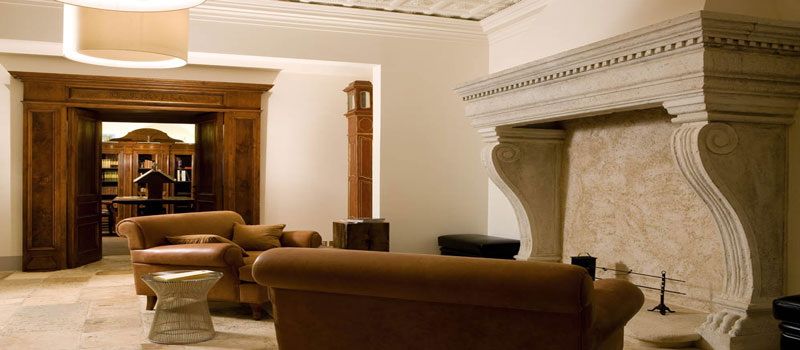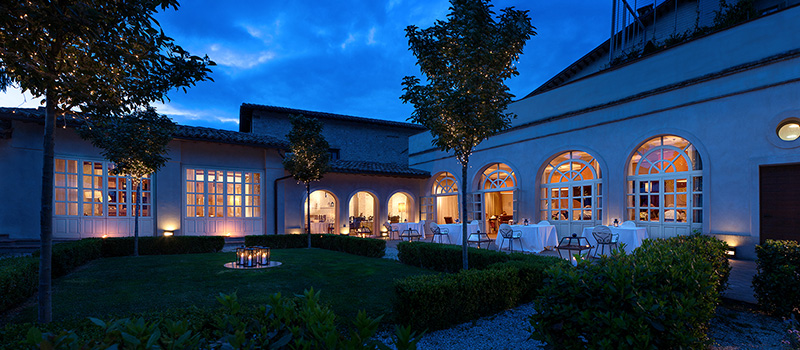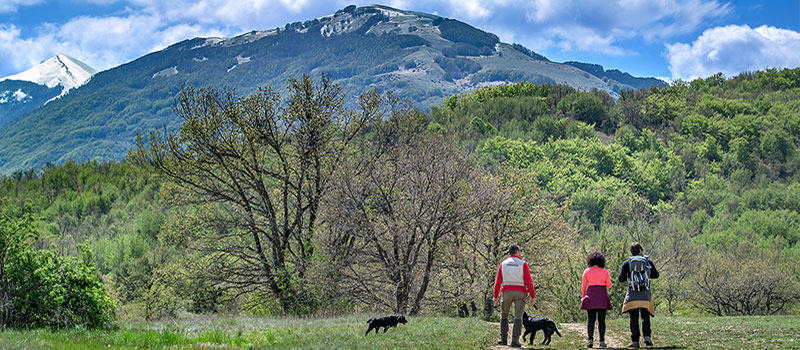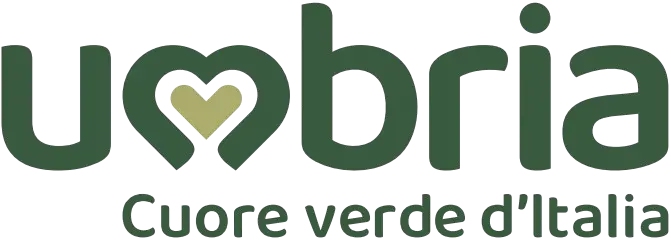Sustainability
Our Sustainable Approach - We Care About Our Destination
Palazzo Seneca was born from the idea of Vincenzo and Federico Bianconi, the latest generation of a family of hoteliers since 1850. Their strong attachment to the territory in which they operate and the willingness to preserve the traditions of their region and to make it known all over the world was the stimulus behind the creation of this hotel.
Since the beginning of its operations, Palazzo Seneca wanted to be a different hotel and to target a diverse set of guests interested in sustainability. To do so, the Bianconi family knew that the best way to promote their land was to keep it as original as possible. The Palazzo underwent a major restoration and has reported no damage after the seismic event which hit Norcia and its surroundings in 2016. The restoration undergone at Palazzo Seneca aimed at preserving its original decorations and design and, to achieve this objective, more than 95% of the hotel decorations, furniture and ornaments came within the Umbria region. The idea was to make guests feeling at home in an Umbrian Palace, eliminating the idea of both sterile and fancy environments to deliver the warmth and fascination of a place rich in history.
Palazzo Seneca is a responsible and successful hotel project for safeguarding the environment, making guests’ stay eco-sustainable without sacrificing comfort, luxury and exclusivity. From sustainable electric autonomy to the choice of eliminating the use of plastic for staff and guests. From the use of seasonal ingredients for the kitchen to the close collaboration with suppliers participating in eco- certification programs. Action towards the local community is also a key aspect for the property and guests are encouraged to know and purchase local products. Internally, local voluntary actions are suggested and the use of sustainable practices in the daily life are proposed to each employee. With this vision, Palazzo Seneca promotes the culture of organic food and the territorial approach by orienting development towards the conservation of resources, environmental sustainability, the enhancement of local differences and, therefore, the quality of life.
Sustainability is a crucial part of the Relais & Chateaux Manifesto, the principles of which we have always shared, and is undoubtedly the main source of inspiration for our daily activities.












